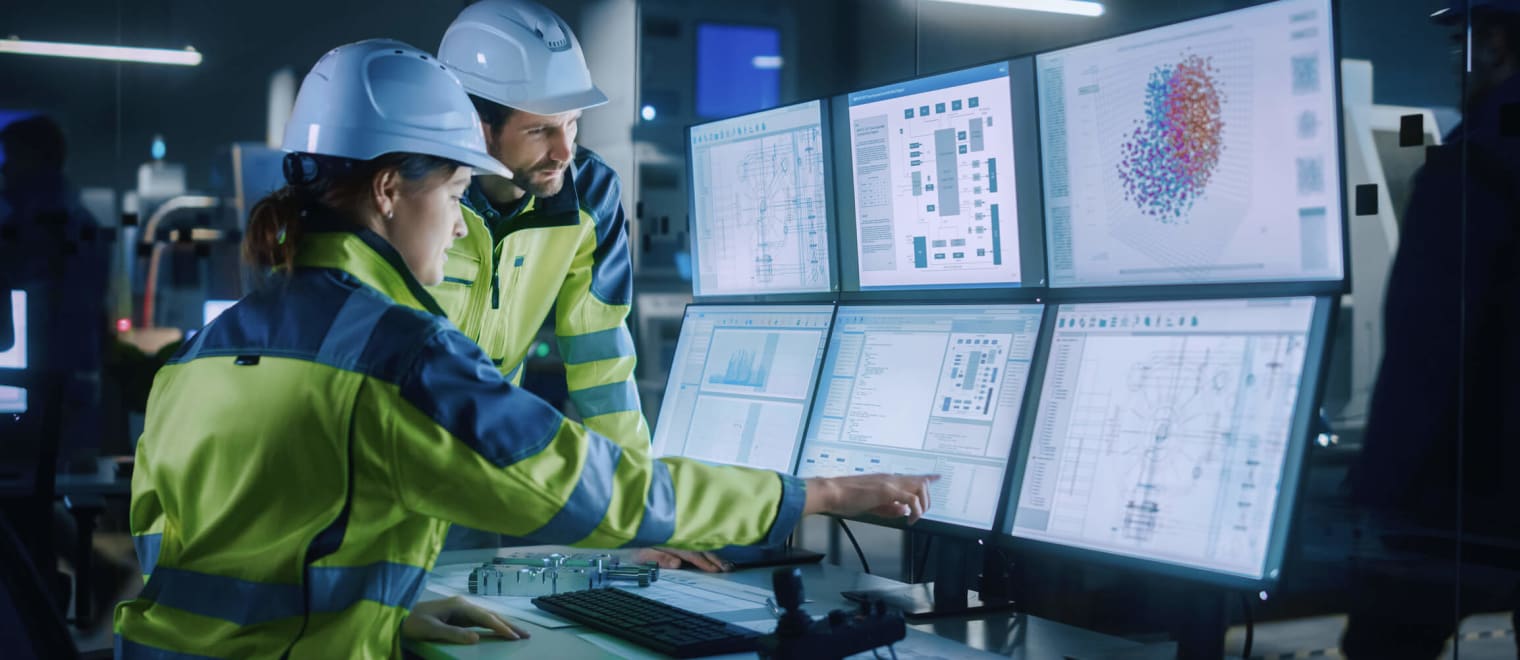This informal CPD article ‘Trends and Technologies in Process Safety Management’, was provided by Synergen Oil and Gas UK, an independent engineering consultancy specialising in Process Safety, Technical Risk Management and Operational Safety services.
Process Safety Management (PSM) helps to prevent catastrophic incidents in industrial plants. It goes beyond regulatory requirements and enhances safety, operational discipline, and reliability. As industries shift towards advanced practices, emerging technologies like AI, ML, digital twins, and data analytics are set to revolutionise PSM, leading to safer, more efficient, and sustainable operations. This article explores the impact of these changes on PSM and its role in future industries.
PSM Evolution:
Historical Background and Shift to Proactive Safety Management
Process Safety Management originates in the mid-20th century, driven by the recognition of the need for better management of industrial operations after catastrophic incidents. Initially, practices were reactive, focusing on post-incident investigation and rectification. However, the Bhopal catastrophe in 1984 marked a turning point, leading to OSHA's formulation of proactive PSM standards in 1992.
Contributing Factors to PSM Evolution
Technological Advancements: Industrial automation, data collection, and analysis have played a significant role in shaping the evolution of PSM. These advancements have enabled more sophisticated, data-driven strategies for better safety management.
Changing Industry Needs: Regulatory developments and compliance requirements, influenced by past industrial disasters and near-miss incidents, have driven the evolution of PSM procedures. Lessons learned from these incidents have prompted a focus on safety and risk mitigation.
Increased Focus on Safety and Risk Mitigation: Companies are investing more heavily in PSM due to the risks posed to human life, the environment, and business continuity. Proactive safety measures, including risk assessments, safety audits, and training programs, aim to predict and prevent incidents before they occur. Rigorous regulatory standards further drive the evolution of PSM toward a safer industrial future.
Enhancing Process Safety through Automation and Digitalization
Automation and digitalisation are increasingly vital for improving process safety in various industries. Integrating cutting-edge technologies enables enhanced efficiency, product quality, and proactive safety measures like safety instrumented systems.
Process Digitalization:
Process digitalisation involves incorporating digital technologies into operations to achieve greater efficiency, improved product quality, and enhanced process safety. This approach is gaining global acceptance.
System Automation:
Automation plays a significant role in improving safety measures by mitigating human error and strengthening risk assessments. System automation helps identify potential hazards before they become problematic, contributing to better process safety management, particularly in industries like petroleum manufacturing.
In summary, automation and digitalisation are revolutionising process safety by enabling proactive monitoring, prediction, and management of safety aspects. These advancements lead to safer and more efficient operations across industries.














